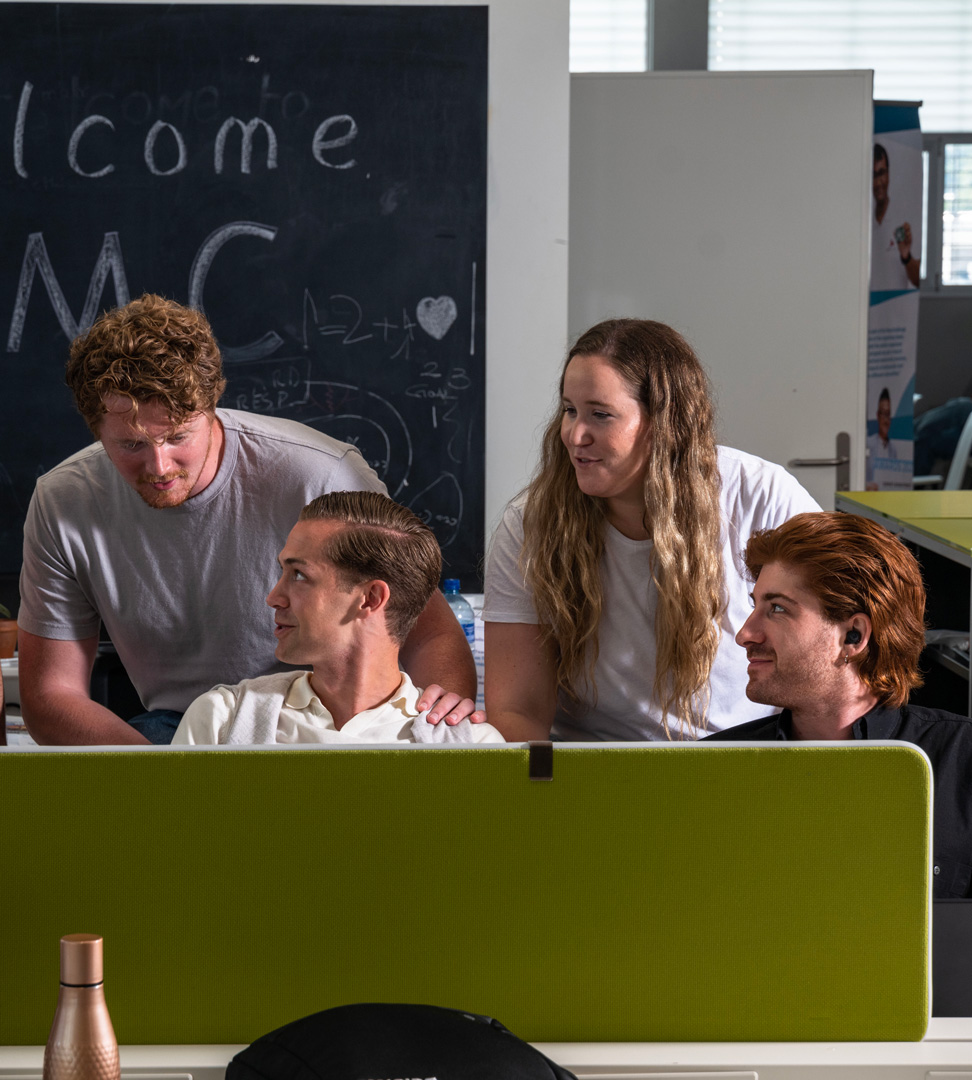IMD business school for management and leadership courses



Our MBA Program
We are the trusted learning partner of choice for ambitious individuals and organizations worldwide and offer a hands-on, experiential learning approach to learning. Recognizing the changing demands on our graduates to be future-ready, we integrated sustainability throughout the MBA degree curriculum in 2022. The program, designed in collaboration with the World Business Council for Sustainable Development (WBCSD), is based on a skills mapping that identifies MBA graduates’ capabilities to tackle corporate sustainability challenges upon graduation.
These skills are now woven into the program’s core courses; three of the 16 electives on offer are focused on sustainability, and seven have some sustainability elements. In 2023, an additional ESG learning objective, which focuses on the capabilities required to analyze a company from an ESG perspective, was included in 11 of our MBA courses.
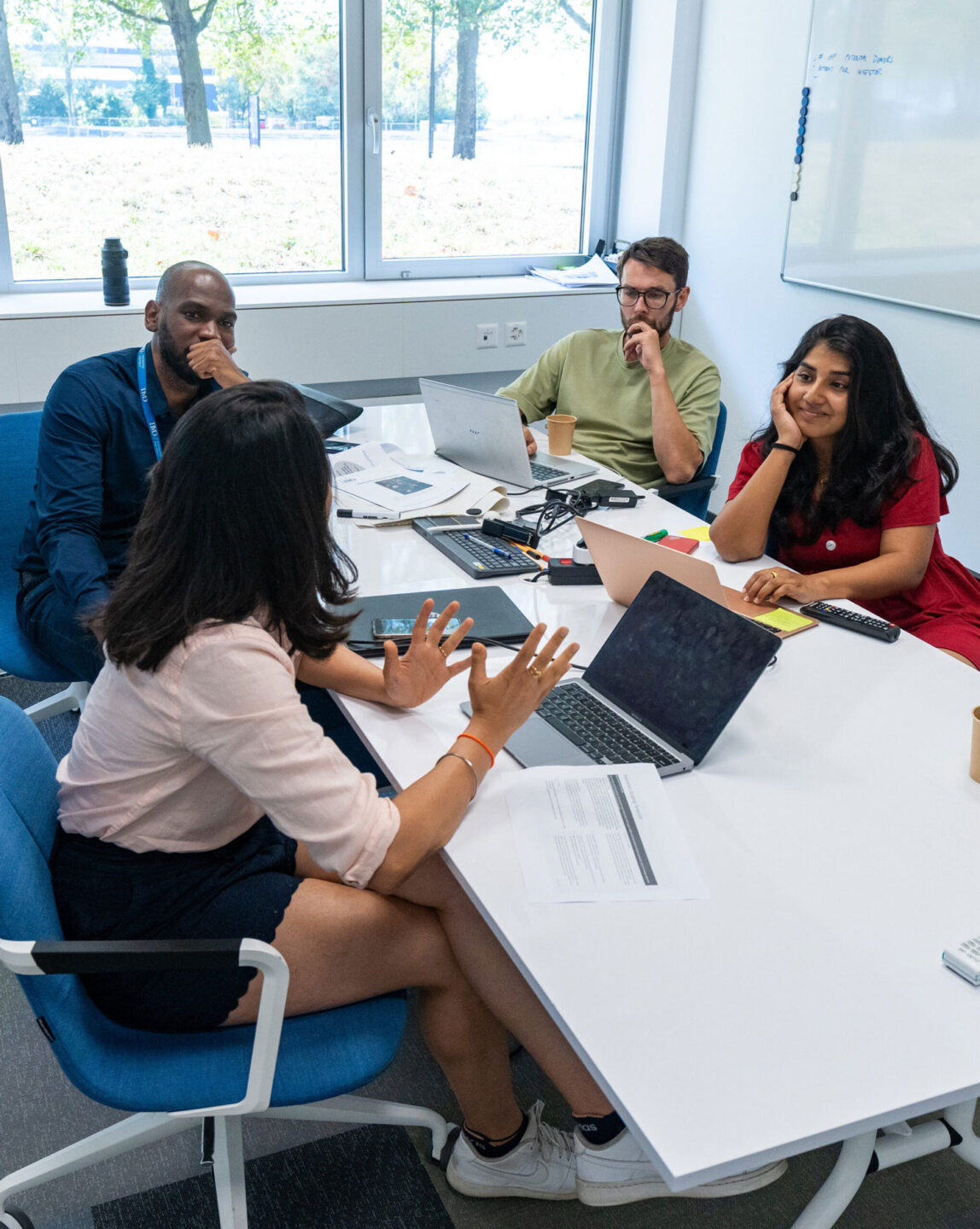
MBA sustainability curriculum themes
MBA sustainability curriculum themes
With sustainability elements
Others
With sustainability elements
Others
Sustainability elements
Sustainability-focused
Others
Sustainability elements
Sustainability-focused
Others
Sustainability-focused
Sustainability elements
Others
Sustainability-focused
Sustainability elements
Others
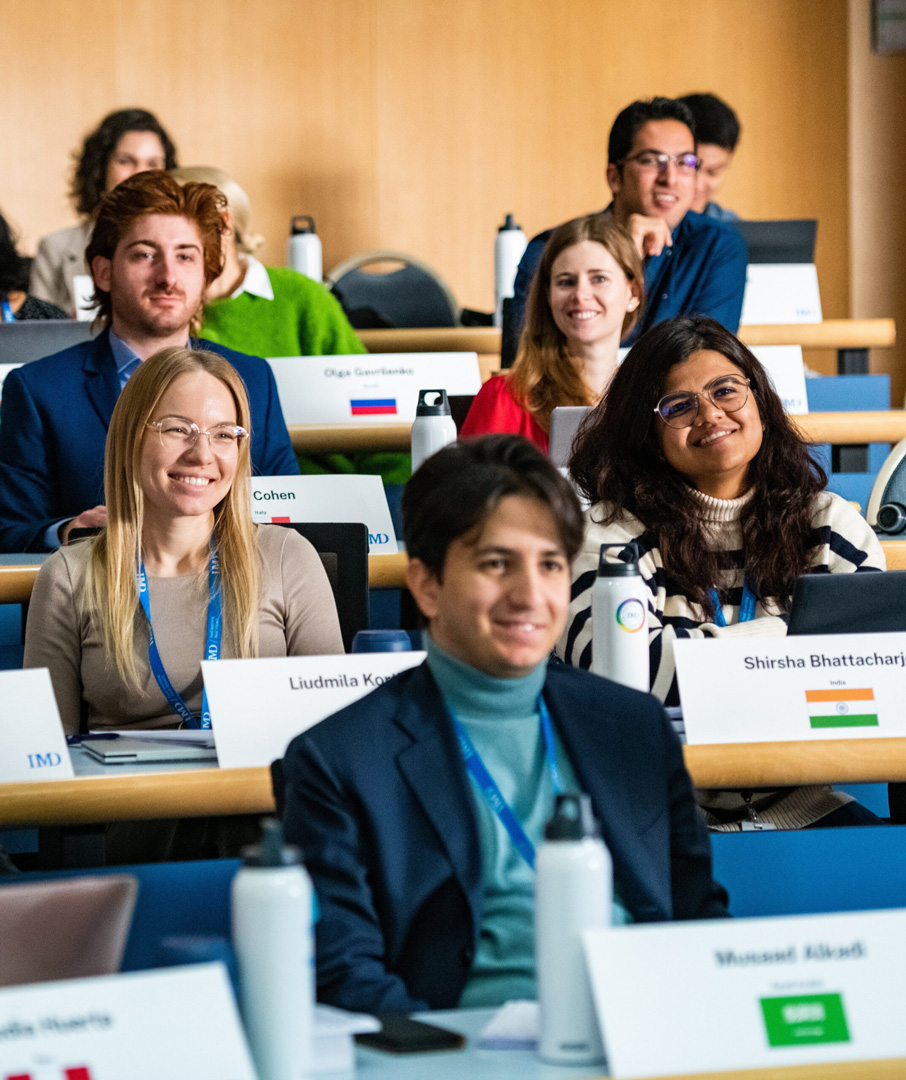
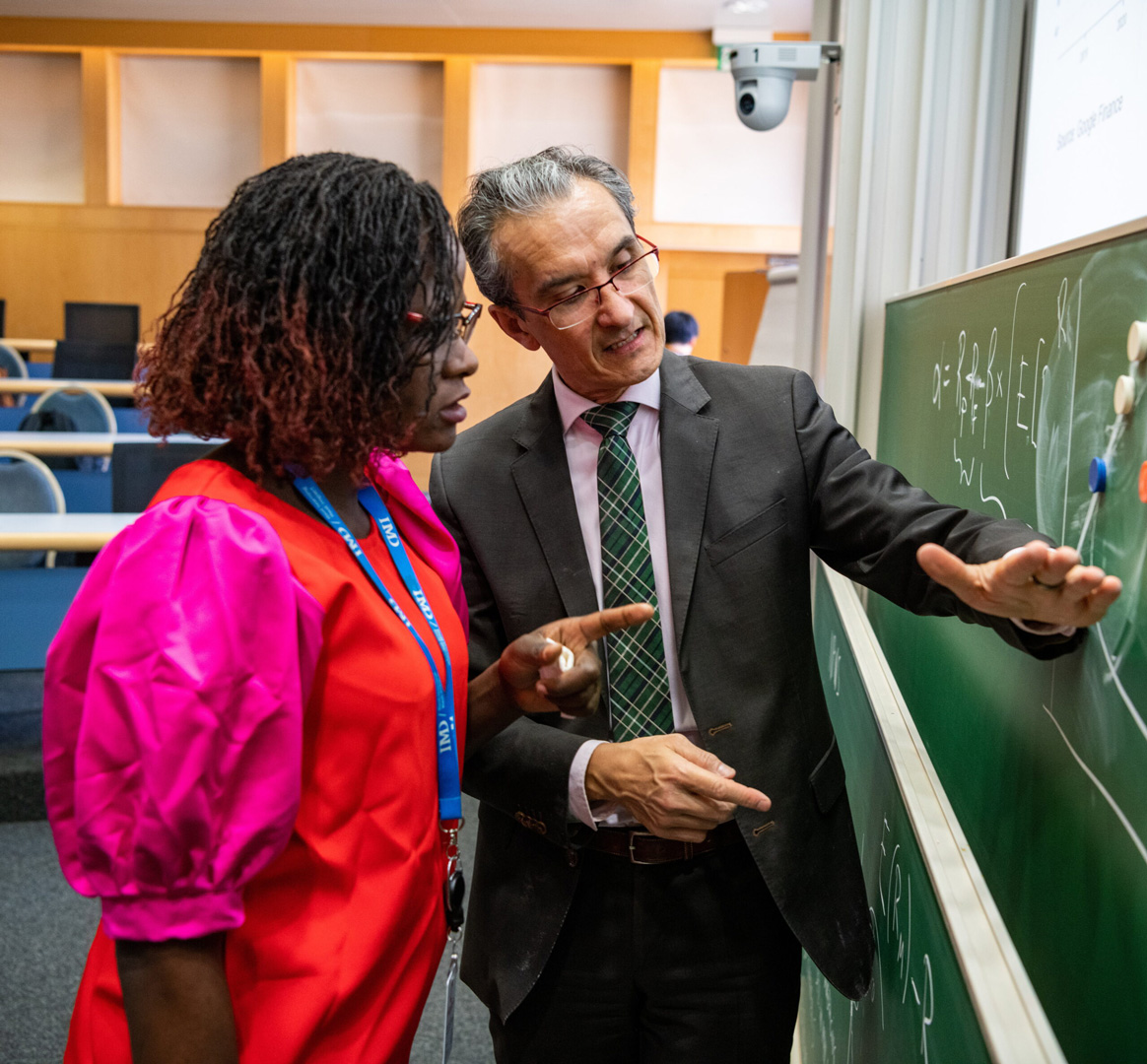
MBA sustainability electives
We offer 16 electives as part of our MBA, with three focused on sustainability. An additional seven electives have sustainability elements.
ESG: The hard and soft skills to become a sustainability champion offers a unique combination of ESG hard and soft skills. The focus on soft skills ensures that participants can internalize the skills related to the human factor of the ESG transformation that accompany best practice organizational tools and frameworks.
Next-generation data leadership provides a deep understanding of the data economy. It ensures that participants have the skills and knowledge required to build sustainable data-driven business models that foster growth and innovation.
Mastering the art of impact investing: Balancing risk, return, and impact provides an in-depth understanding of how to align investment strategies with intentional impact objectives.
Through a series of real-world case studies, MBAs conduct due diligence for a venture philanthropist. They evaluate gender lens investment criteria for a finance-first impact investor, explore the intricacies of designing a humanitarian bond to attract private capital for humanitarian needs, and assess the potential of blended finance facilities to drive the achievement of SDGs at scale.

Business and Society course
The Business and Society core course offers a deep dive into sustainability topics, addressing sustainability challenges at three levels: systems, corporate, and individual action. The systems change theme focuses on stakeholder engagement, climate negotiations, and the United Nations’ Sustainable Development Goals (SDGs).
The corporate theme focuses on corporate strategy, balancing short and long-term priorities, value creation, and the business case. The theme of individual action considers ethical behavior and covers topics such as moral licensing and transgressions.

Immersive learning experience
In 2023, our MBA participants explored the role of business in the just transition to a low-carbon economy at an orientation program held in the Swiss Alps, where Peter Bakker, President of WBCSD, shared his insights about the role of business in sustainability.
The participants were given exercises, such as a future-back exercise, in which they envisioned significant progress on climate change by 2030. They had to determine “What had been done to reduce emissions?”
“I was impressed by the lecture by Peter Bakker, President of the World Business Council for Sustainable Development. We discussed how to turn the corner on climate change by 2030. I couldn’t help but wonder what we can do to tackle the global sustainability challenges while also pursuing business success.“
MBA class of 2023 participant
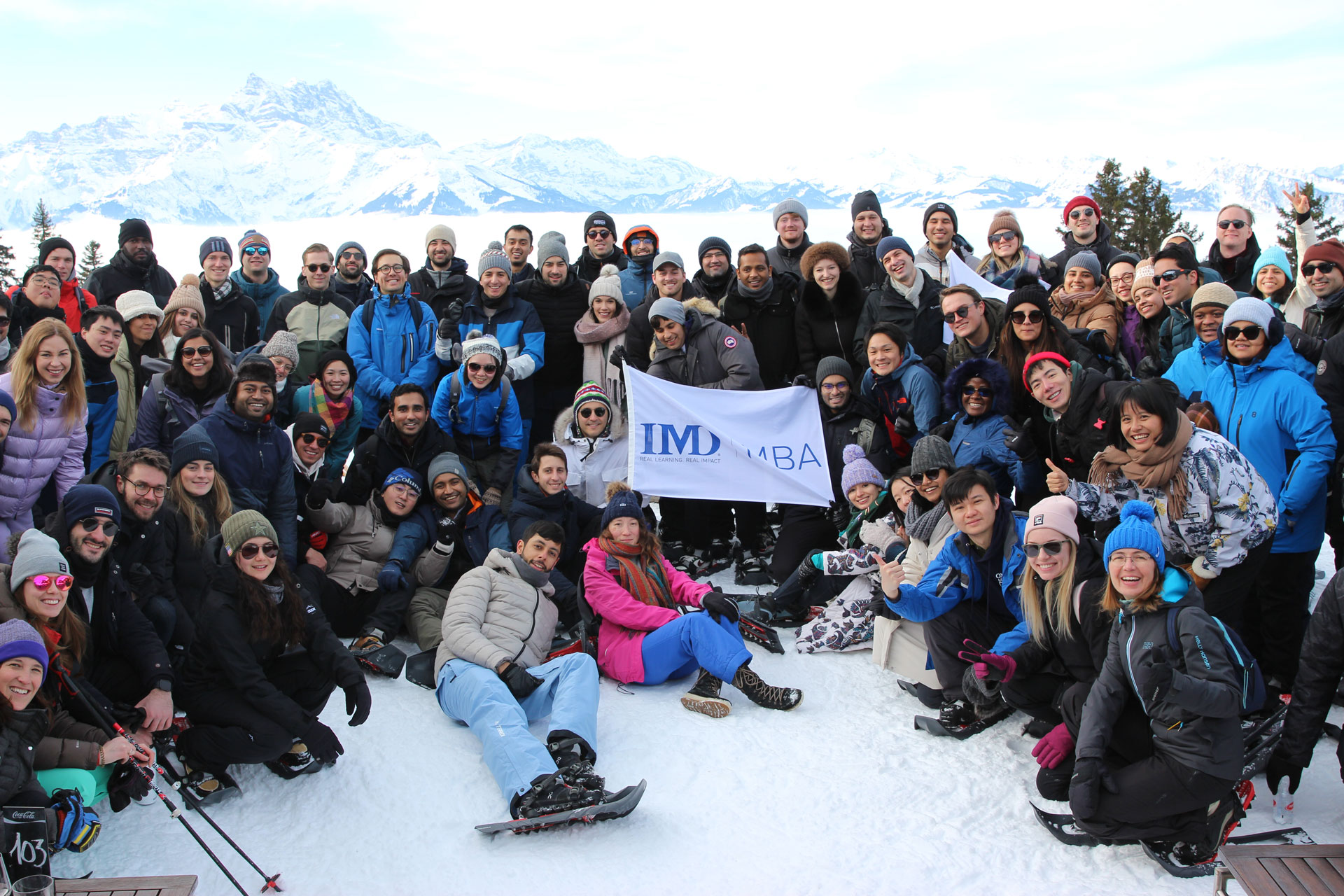
Mentoring startups
Each year, MBA participants are allocated a startup to mentor, which provides practical applications of the lessons they learn during their MBA. In 2023, 14 of the 15 startup projects had sustainability elements. After three months, the participants presented the work they had been doing with the startup to a panel of venture capitalists.

“Each startup had its own set of priorities and timelines. Some of us worked on redesigning financial models, while others, including my team, worked on go-to-market strategies and CO2 calculations.”
International consulting projects
MBA participants undertake a seven-week consulting assignment at select companies during their time at IMD. The MBA cohort is split into 17 teams and challenged to find novel solutions with real impact for the companies they partner with.
In 2023, seven out of the 17 projects were focused on sustainability and a further three included sustainability elements.
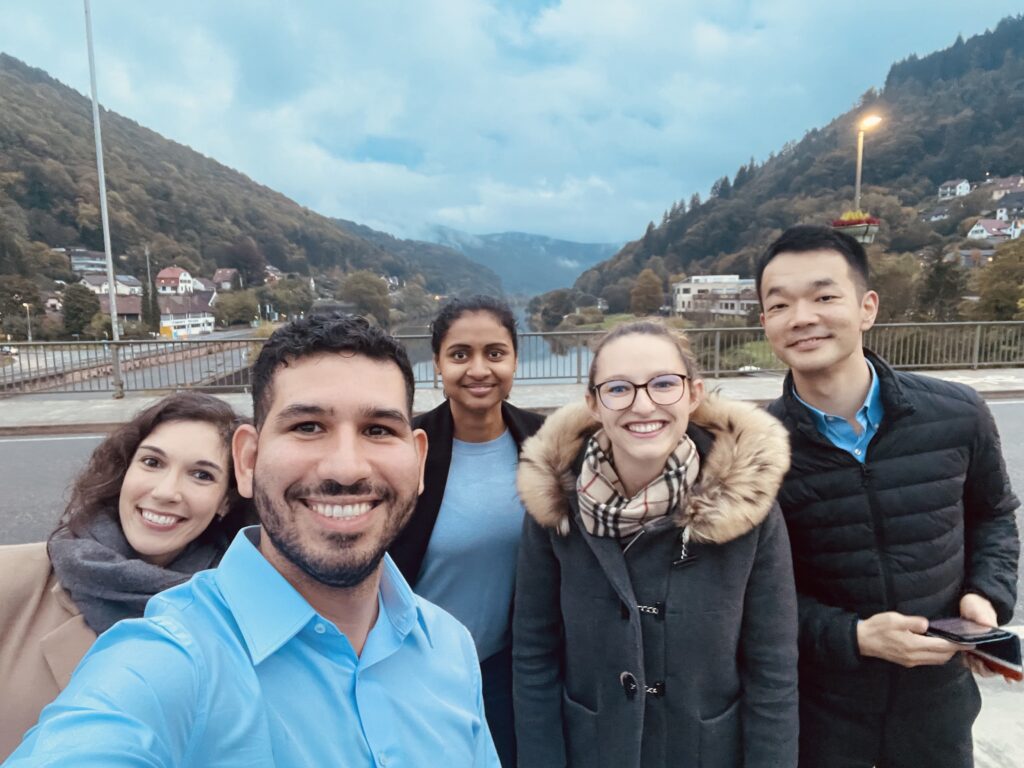
MBA Venture Award for clean water company
The IMD Venture Award aims to strengthen the IMD startup community by providing entrepreneurs in the MBA class with the funding and mentorship needed to grow innovative new business ideas. In 2023, the recipient was Jasper Schakel, an MBA candidate who co-founded Chemical Innovations in Water Industries (CIWI) with his business partner Erik Kraaijeveld.
CIWI aims to provide global access to clean water through scalable and affordable technologies.
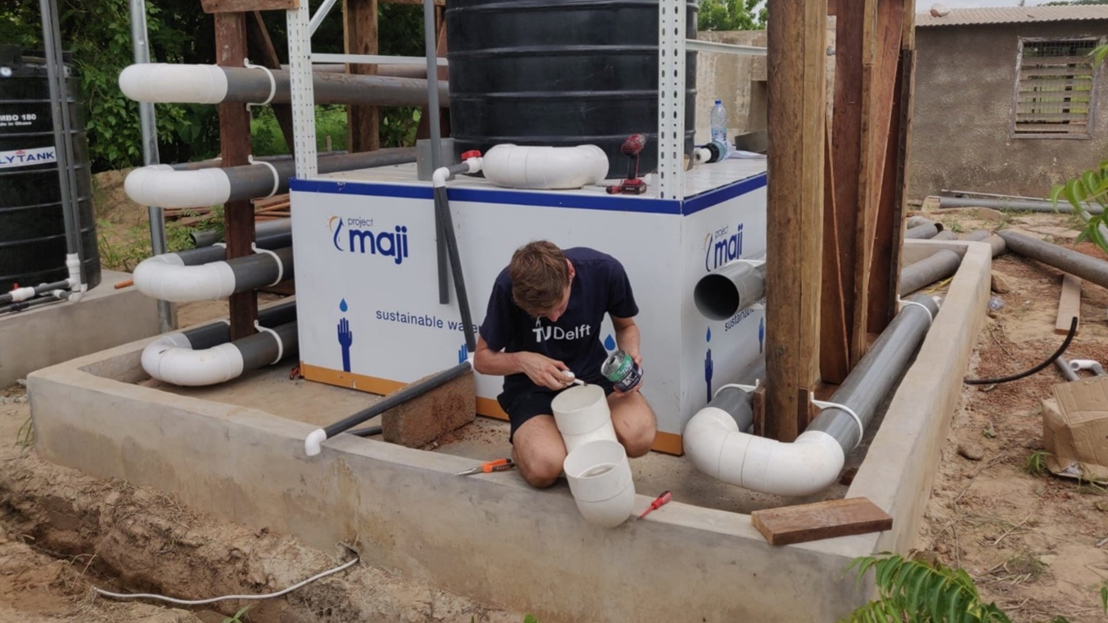
“We had been tinkering with the tech for a while, but the Venture Award motivated us to see how we could create a business out of it. It gave us the focus and drive to build our business case, and IMD gave us the knowledge and tools to excel at this task.”
Roleplaying COP climate negotiations
In 2023, our MBA participants engaged in a climate negotiations simulation of the United Nations Conference of the Parties (COP). The exercise enabled them to better understand how business, society, and the environment interconnect. In the simulation, they assumed the roles of delegates, activists, and journalists to investigate the complexities and trade-offs involved in multilateral climate change negotiations and the role of economic activity in climate change and nature loss.
The FT Responsible Education Awards subsequently recognized the COP simulation for its unique approach to sustainability pedagogy.
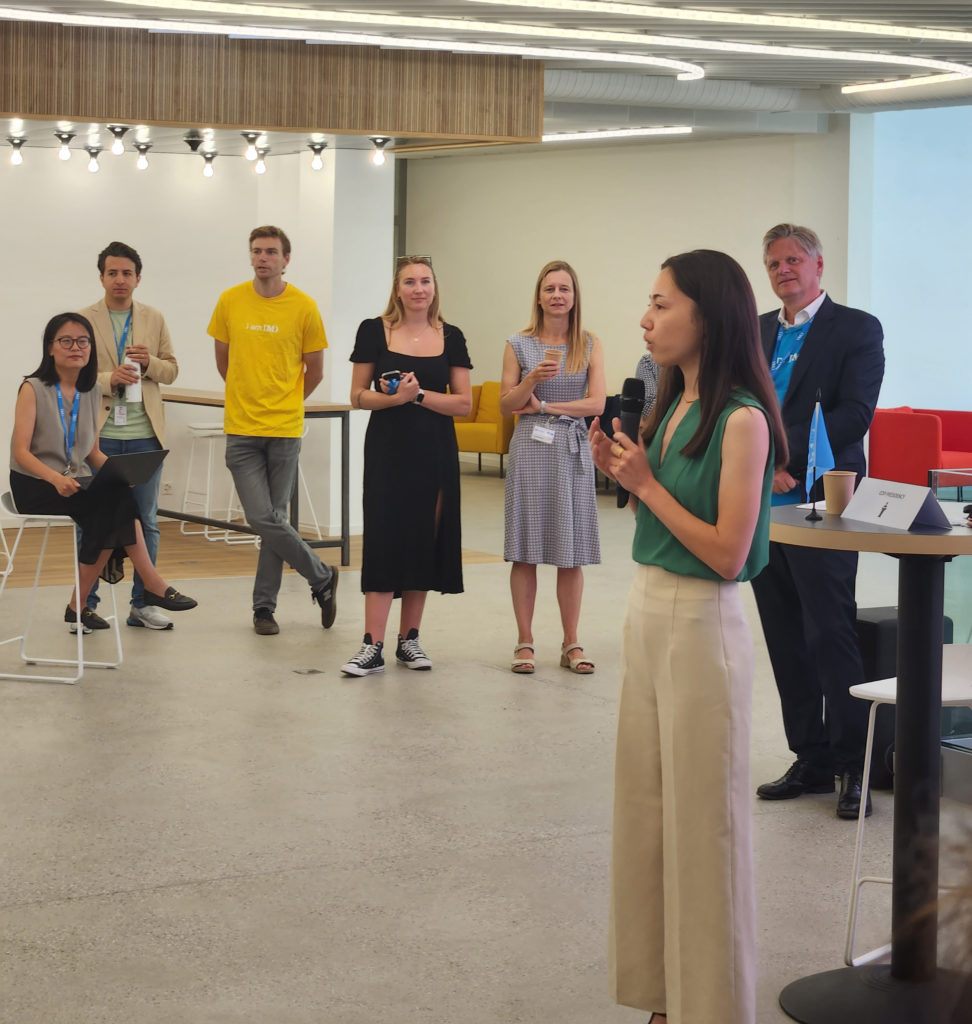
“IMD is about creating an immersive learning experience. These interactive experiences transformed how I learn, pushing me to test my skills in a real-world environment and quickly adapt to change. Module 4 focused on putting the learnings of courses, such as accounting, finance, strategy, and negotiations, into practice.”
Ensuring a rich learning experience
Our MBA participants’ learning journey goes beyond our core curriculum; we host debates on a wide range of topics, such as dealing with dilemmas and making difficult decisions as leaders. Innovation Week further provides participants with the opportunity to learn from guest speakers about the core challenges they may face in their innovative transformation journey.
In addition, as part of the MBA finance core module, our participants attend a Principles for Responsible Investing course for which they can receive an Applied Responsible Investment certification once completed. They also learn about non-financial impact measurement in their core accounting course.
